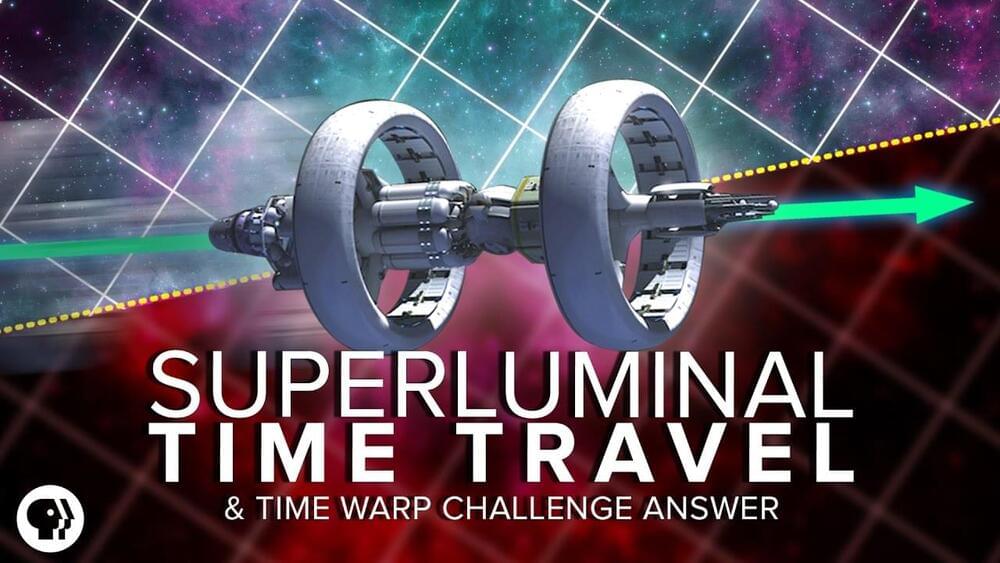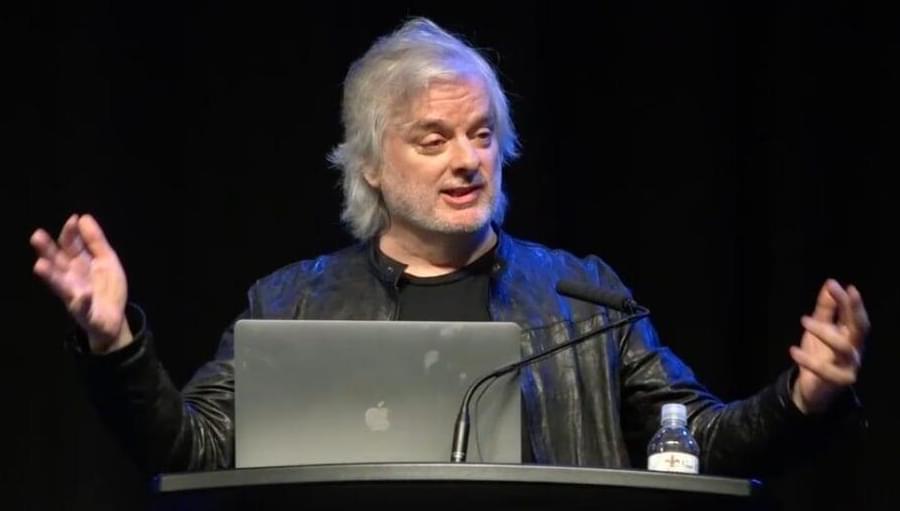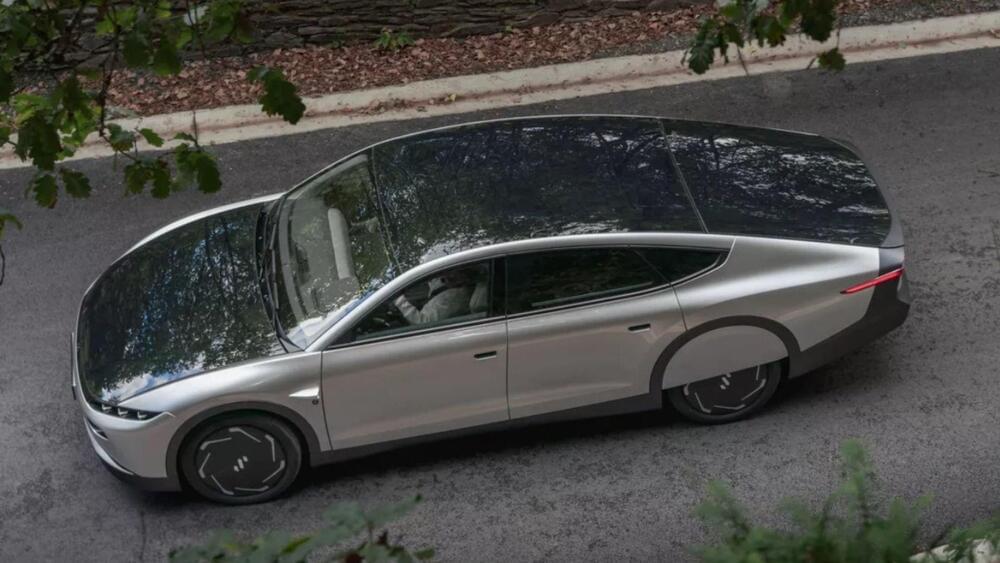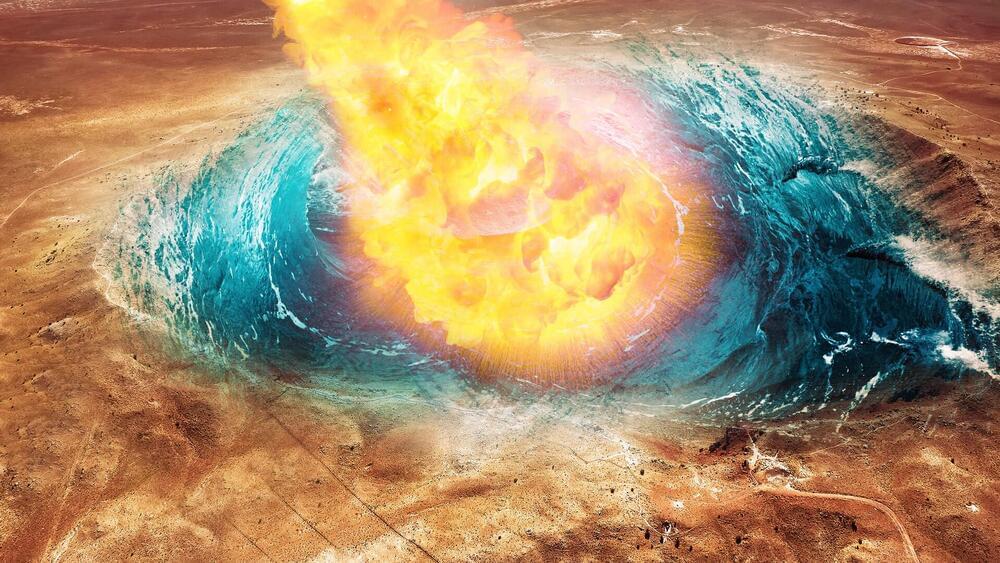Dec 2, 2022
Superluminal Time Travel + Time Warp Challenge Answer
Posted by Dan Breeden in categories: physics, space travel, time travel
Viewers like you help make PBS (Thank you 😃). Support your local PBS Member Station here: https://to.pbs.org/DonateSPACE
Find out how traveling faster than light and traveling back in time are the same thing. And be sure to tell PBS what types of shows you want to see at https://www.surveymonkey.com/r/pbsds2017 25 random participants in the survey will receive PBS t-shirts.
Continue reading “Superluminal Time Travel + Time Warp Challenge Answer” »


















